10 Underrated Anti-War Movies of the 1960s Worth Revisiting

Anti-war sentiment was strong in the 1960s, understandably; still, some of those movies flew under everyone's radar, it seems. Doesn't make them any less great, though (except maybe that one war musical starring Maggie Smith – sorry, Maggie.)
1. "King and Country" (1964)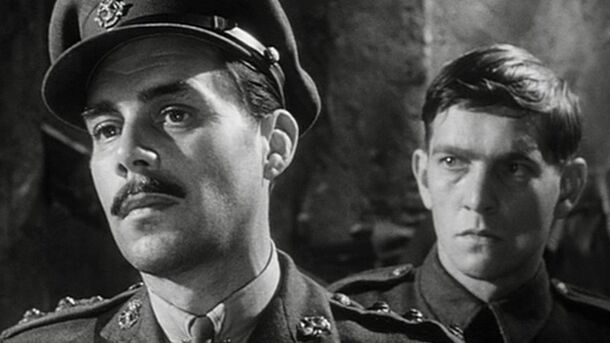
Private Hamp, played by Tom Courtenay, is a weary British WWI soldier accused of desertion. His defending lawyer, Captain Hargreaves, originally sees Hamp as a simple coward but as the story unfolds, it becomes evident that the horrors of war have taken a heavy toll on the young private. We're talking PTSD in a time when it wasn't even recognized.
It's not just a movie; it's an eye-opener about the unseen scars of war.
2. "The Americanization of Emily" (1964)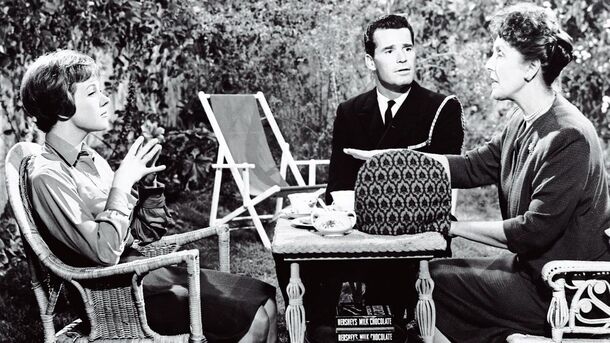
It's less about the explosions and more about the contemplation. And hey, who said war movies couldn't have a dash of romance?
3. "The War Game" (1965)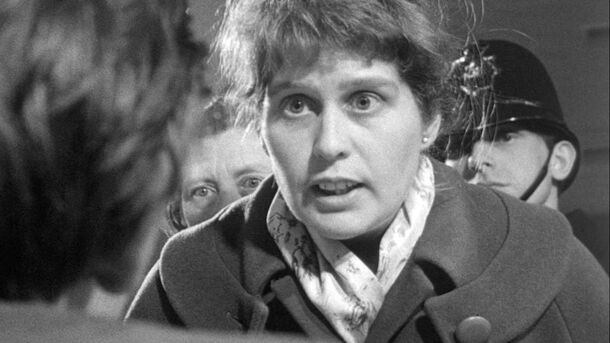
The detailed portrayal of the disaster – from the initial flash burns to long-term radiation effects – is so stark, it'll make you question the real costs of conflict. Fun fact: It was initially banned from TV for being "too horrifying." It's that intense.
4. "La 317ème section" (1965)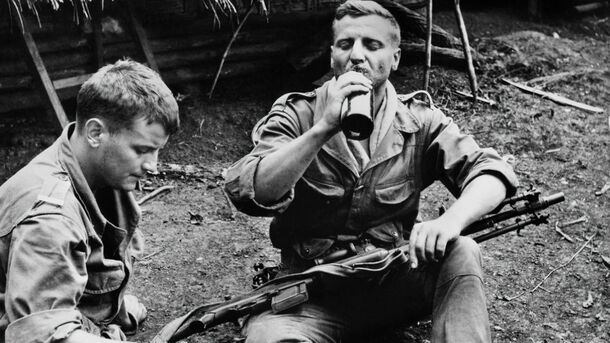
What follows, however, is a harrowing trek through the jungle, battling not just the enemy, but fatigue, fear, and the unforgiving terrain. Trust me, it's a gripping watch.
5. "Oh! What a Lovely War" (1969)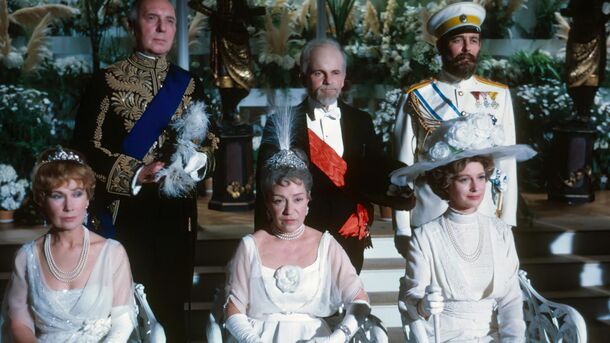
Through a series of vignettes, we see the Smith family's experience as they send their boys off to fight. It's not all song and dance – there are stark reminders of the war's high death toll and the disillusionment of those who survived.
It's the kind of movie that leaves you humming a tune but thinking deep thoughts.
6. "The Human Condition" (1959-1961)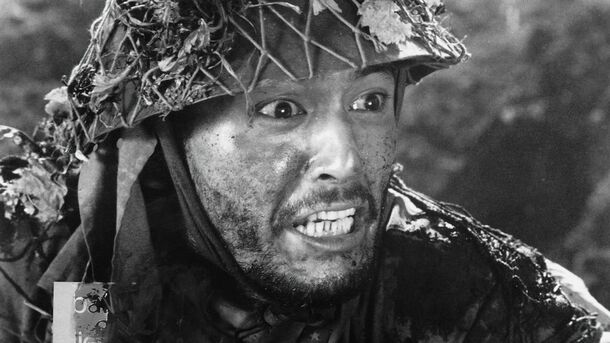
His struggles against the bureaucracy, inhumane treatments, and the sheer pointlessness of war, make it a film that's as much about humanity as it is about war.
7. "Paths of Glory" (1957)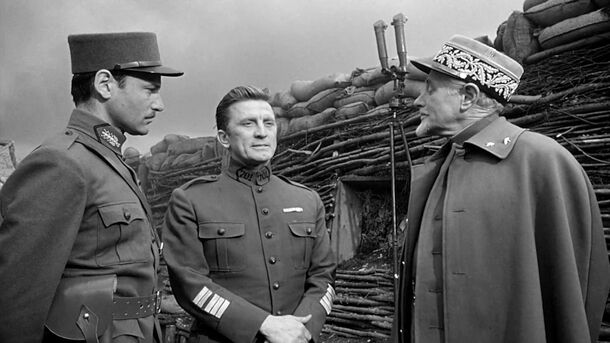
The film zeroes in on the military hierarchy, personal ambitions, and the lives that are often used as mere pawns. Douglas as Colonel Dax defending his men is a cinematic treat you shouldn't miss.
8. "Ivan's Childhood" (1962)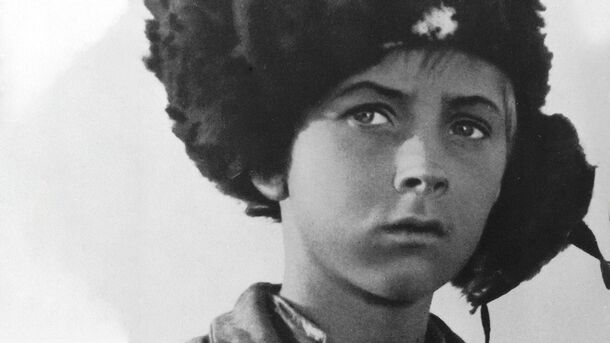
It's not the typical war tale. It's more poetic, more emotional. You get to see a young lad, who should be playing in the fields, navigating the treacherous terrains of war.
9. "The Hill" (1965)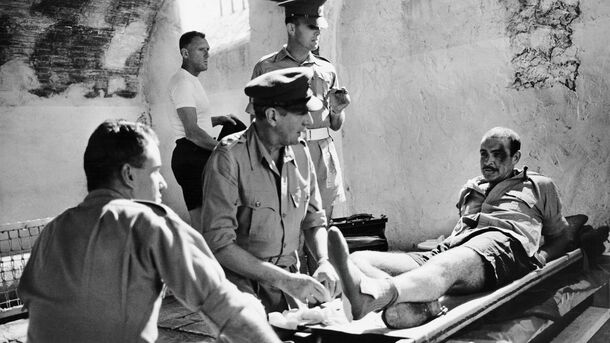
The real enemy here isn't from another nation, but the very institution they serve. It's a hard, sweaty watch but believe me, it'll stick with you.
10. "Castle Keep" (1969)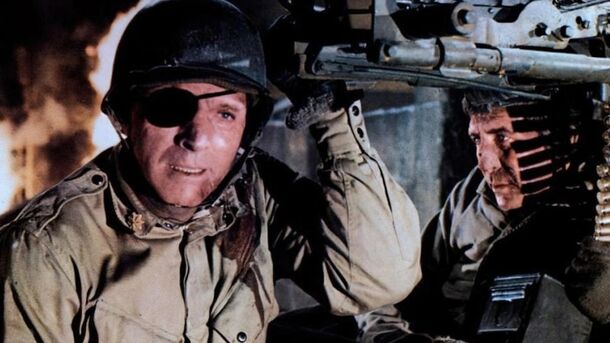
The film juggles between preserving cultural heritage and the harsh necessities of war. And amidst all this, there's an underlying question: what are we really fighting for?